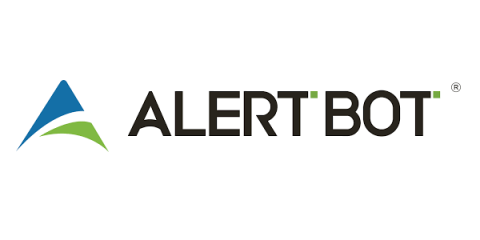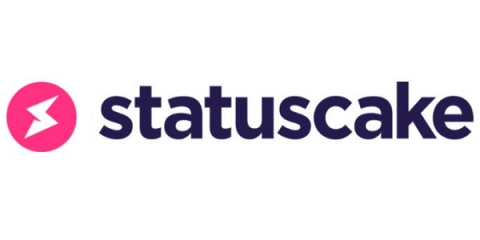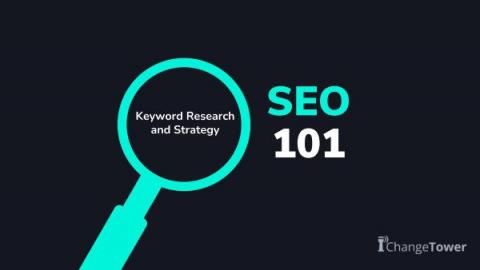Operations | Monitoring | ITSM | DevOps | Cloud
SEO
How Site Uptime Impacts SEO (Hint: It's a REALLY Big Deal)
It is arguably the most important 3-letter acronym on the digital marketing landscape. No, it’s not ROI. It’s SEO. Consider that: Clearly, effective SEO is extremely important. And for many businesses — especially smaller companies that are competing against big, established enterprises — it’s a matter of survival. However, for some decision-makers outside of the digital marketing world, the link between SEO and site uptime is less clear. Let’s fix that.
Six Tips to Getting SEO Right For Your MSP
When prospects do a Google search on your MSP, where do they find you? Is your MSP landing on Page 1, or is it being relegated to Page 2 or even worse? According to quicksprout.com, the top result on Google has a 33% chance of getting clicked, and they have found that 75% of people won’t scroll beyond the first page. (I know I never do—if what I’m looking for can’t be found on Page 1, why bother even seeing what is on Page 2?)
6 Advanced Tips to Get More From Google Analytics
The Ultimate Guide on how AI-Based Tools Improves Writing
7 Benefits of eCommerce for Small Businesses & Entrepreneurs
8 things you can do right now to rank better in Google
We all know it’s getting harder than ever to rank in Google, whether it’s for blogs or webpages, but all is not lost. There are some key elements that you should be focusing on on your webpages, for example, to ensure that you’re giving your website the best chances possible of ranking well. After all, the majority of organic traffic clicks on the first 3 results on the first page of Google so if you’re not there, your competitors must be!
How To Choose A Winning SEO Strategy: 6 Useful Tips
Tech Tips To Get A Smooth Start For Your New Business
SEO 101: Keyword Research and Strategy
While SEO (search engine optimization) includes a variety of different elements to deliver measurable results, one of the foundational pieces of a good SEO strategy is keyword research. Since keywords and phrases are the actual targets that connect potential visitors to your website, finding ways to ensure your site places as highly as possible for relevant search terms is the linchpin for all other elements of SEO strategy.











